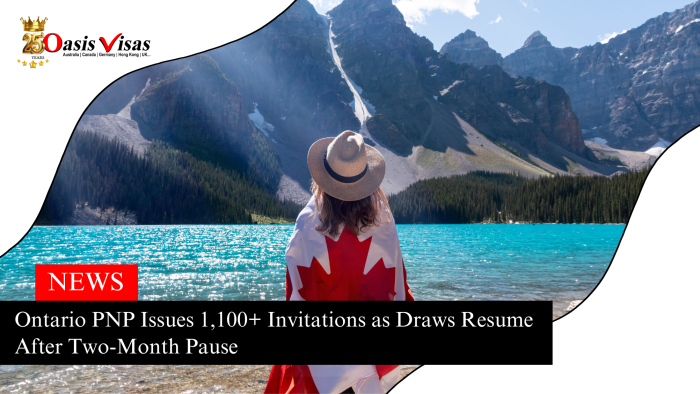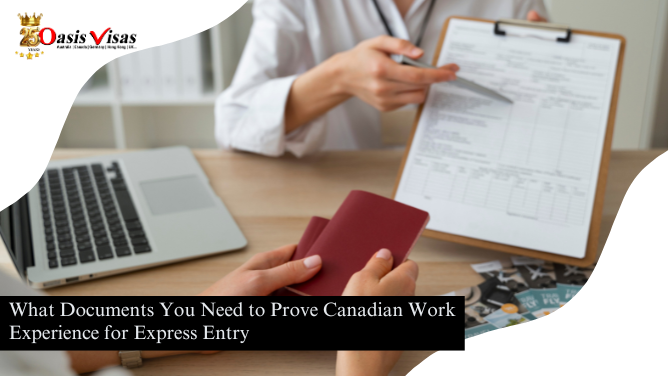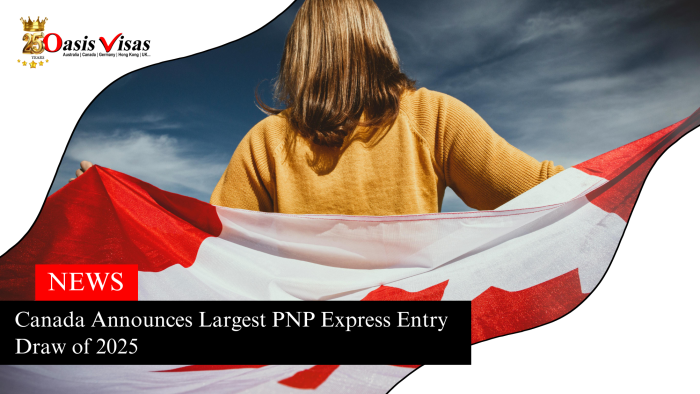
If you are immigrating to Canada by way of Express Entry, having your Canadian work experience verified can be a real challenge. Not to mention, as a significant indicator of your work experience, CRS score, determining your eligibility in receiving an Invitation to Apply to permanent residency for Canada. Work experience not only adds points to your CRS score but also reflects the fact that you are able to integrate into the Canadian labor market successfully.
However, it is very important to know which documents will be required to validate this experience and ensure a smooth application process. In this blog, we will cover all the essential documentation you need to prove Canadian work experience and provide tips to streamline the process.
Why Canadian Work Experience Matters in Express Entry
Work experience is highly valued under the Express Entry system. It demonstrates your familiarity with Canadian workplace culture and enhances your adaptability. Applicants with Canadian work experience can earn additional points in the CRS, especially if the experience is in a skilled occupation categorized under the National Occupational Classification (NOC).
If you’ve worked in Canada on a valid work permit, providing accurate documentation is vital to ensure your experience is recognized and contributes positively to your immigration application.
Documents Required to Prove Canadian Work Experience
To successfully prove your work experience for Express Entry, you’ll need to gather several key documents. Let’s take a closer look at each one:
1. Employment Reference Letter
The employment reference letter is the most important document to prove Canadian work experience. This letter must be issued by your employer on the company’s official letterhead and include the following details:
- Your job title(s).
- The dates of your employment (start and end dates).
- Your job duties and responsibilities.
- The number of hours worked per week (indicating whether it was full-time or part-time).
- Your annual salary or hourly wage.
- The employer’s contact information (name, address, phone number, and email).
Ensure that your reference letter aligns with the job description under the NOC for your occupation. Inaccurate or incomplete letters can lead to delays or rejection.
2. Pay Stubs
Pay stubs form the basis for verifying your work experience. Pay stubs serve as a confirmation that one has been paid for their job, thus verifying a continued job over time. It would be best if one collected all the pay stubs for all the time served in Canada.
3. T4 Tax Slips and Notice of Assessment (NOA)
T4 tax slips and Notices of Assessment from the Canada Revenue Agency are reliable documents for proof of work experience. These records will show that you reported your income and paid taxes in Canada. They also confirm that your employment and earnings are legitimate.
4. Work Permit
It is a vital document showing you were allowed to work in Canada within the given period. Your work permit must be valid during the duration of your Canadian work experience and, thus, align with the employment details that you give.
5. Job Offer Letter
Though not compulsory, an offer letter of employment may also complement your application. It details the conditions of your employment: the position held, job duties, remuneration, and hours of work. Where feasible, add this to your supporting documents.
6. Record of Employment (ROE)
If you were to terminate your job in Canada, then most likely you have obtained a Record of Employment from the employer detailing all information related to employment and its termination, thus enhancing your claim about Canadian work experience.
7. Bank Statements
In some instances, inclusion of bank statements indicating salary deposits from your employer may further fortify an application. These statements would be further evidence of stable income for the duration of your stay in Canada.
Tips for Collecting and Submitting Documents
Gathering and submitting the documents for Canadian work experience can be overwhelming, but there are several tips that will make this process much easier:
- Start Early: Request your employment reference letter and other documents as soon as possible. Some employers may take time to prepare detailed letters, so it’s better to start early to avoid delays.
- Double-Check Details: All details in your documents, including job titles, dates, and NOC codes, should be consistent with your Express Entry profile. Inconsistent information can cause complications.
- Keep Originals and Copies: Ensure to hold the originals and make copies to be used while submitting, to ensure a back-up of these documents, in case problems are encountered
- Translation of documents: For any other documents that do not appear in the required languages by you, consider having the translations done. By a qualified translator, always have the certified original document accompanying you in making an application
- Scans in clarity: When submitting your documents online, ensure that all scanned copies are clear and legible. Avoid submitting blurry or incomplete scans, as this could result in rejection.
Common Mistakes to Avoid
- Submitting Incomplete Reference Letters: Ensure your reference letter includes all required details, such as job duties, salary, and working hours. Missing information may result in your Canadian work experience not being recognized.
- Overlooking Tax Documents: Don’t forget to attach your T4 slips and NOAs, as these are crucial evidence of your employment and income.
- Not Verifying NOC Codes: Ensure that your job falls under the right NOC code and level. Incorrect NOC information can adversely affect your application.
Proving your work experience for Express Entry is a critical step in securing your pathway to permanent residency. By collecting the relevant documents, such as employment reference letters, pay stubs, and tax records, you will ensure that your application is robust and complete.
Canadian work experience not only improves your CRS score but also shows your readiness to succeed in Canada’s professional environment. So, start early, double-check your information, and follow the guidelines to make your Express Entry journey smooth and successful. With proper preparation, you can move one step closer to achieving your Canadian immigration dreams.








